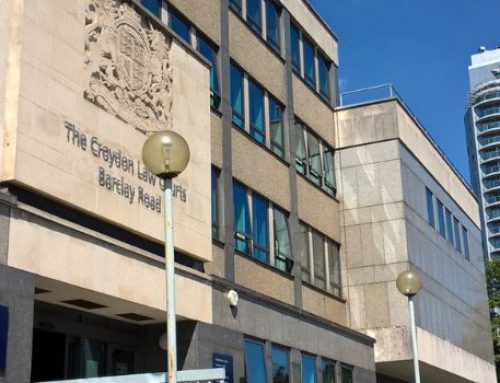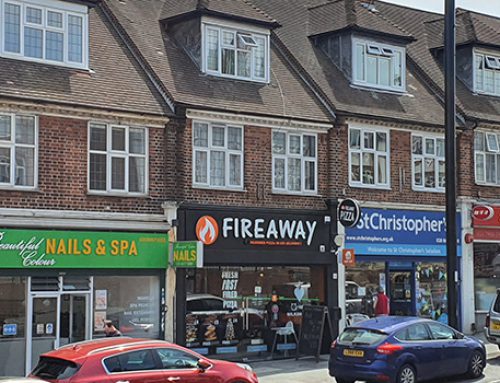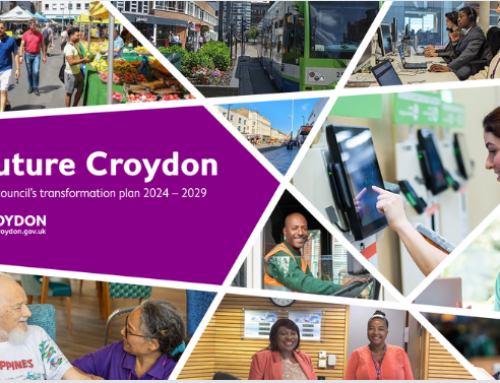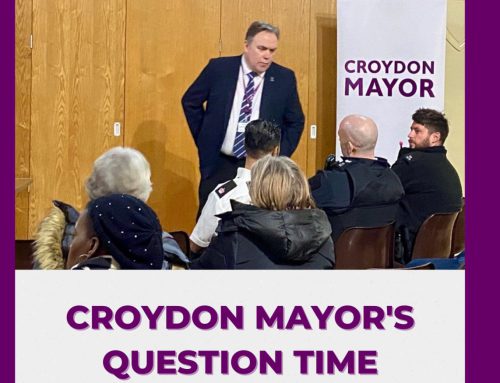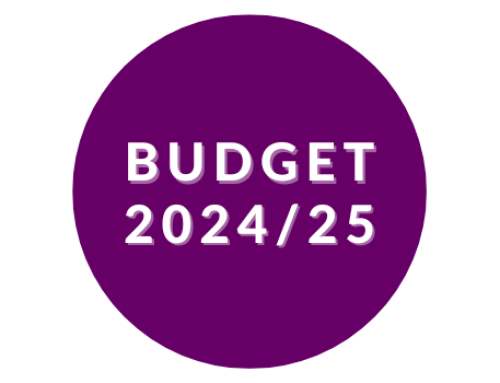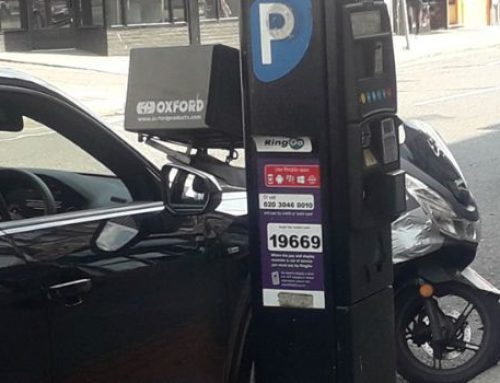Many people, particularly trusting older folk, believe that the personal approach of a telephone call cannot possibly mean that the sincere-sounding voice on the end of the line is trying to con them out of their hard-earned money.
Sadly, all too often, that is exactly what is being attempted and, as part of this year’s Scams Awareness Month, running throughout July, Croydon Council’s trading standards team is working to alert residents to the ways in which these heartless con artists go about their criminal business.
The central message to residents this year is to encourage them to take a moment, and trust their gut instinct. That pause for breath will give them time to get advice, report the scam, and tell others about their experience.
Working in partnership with the Citizens’ Advice Service, the team will be focusing, on a week-by-week basis, on different types of scams, and providing real-life case studies of incidents that have happened to Croydon residents.
The focus for the first of the four weeks of the campaign is on telephone scams, and concerns two incidents that occurred in June, the first in Purley and the other in South Norwood.
Case study 1
An elderly householder was having difficulty getting his tablet to work, and his internet connection kept going down.
He contacted his internet service provider but was unable to get the matter resolved. He then found the phone number for a business with a similar sounding name to his service provider.
On calling the business, he was persuaded that it worked on behalf of his service provider, and was told that both his tablet and internet connection could be fixed – if he paid £1,600 via MoneyGram to a person in Nepal.
He made the payment but became concerned the next day when he received a telephone call telling him that the £1,600 had not gone through, and asking him to resend the money.
The people he had paid were scammers and the police are currently investigating the incident.
Case study 2
A consumer received a telephone call from a caller claiming to be from internet provider Talk Talk, and stating that they would be able to fix issues with the resident’s internet, but, to do so, she would have to grant access to her computer.
The consumer agreed and went to her local post office to arrange a MoneyGram transfer of the fee demanded by the caller – £2,438. The caller took control of the resident’s computer and installed a malware program – effectively giving the caller access to information stored on the computer’s hard drive.
The consumer has been unable to recover her money from either Talk Talk or her bank.

Councillor Hamida Ali, cabinet member for communities, safety and justice
“These are very sad cases, but are only two examples of the range of telephone scams.
“There are many variations, but the aim of all of them is the same as any scam – to part consumers from their hard-earned cash.
“Everybody should beware telephone calls from strangers promising large prize wins. If you have a suspicion that it might be somebody trying to scam you, explain that you’re going to hang up and ask them to call back at a later time when you’ll have a family member or a friend with you.”
What can consumers do to tackle scams?
Here are three things that residents can do if they suspect they are the target of a scam.
- Get advice from the Citizens Advice consumer service online at citizensadvice.org.uk or by calling 03454 04 05 06. More information about Scams Awareness Month can be found at www.citizensadvice.org.uk/sam16/
- Report scams and suspected scams to Action Fraud online at actionfraud.police.uk or by calling 0300 123 2040. Reporting can help prevent it happening to others. If debit cards, online banking or cheques are involved in the scam, the consumer’s first step should be to contact their bank or card company.
- Tell family, friends, neighbours so that they can avoid scams.











